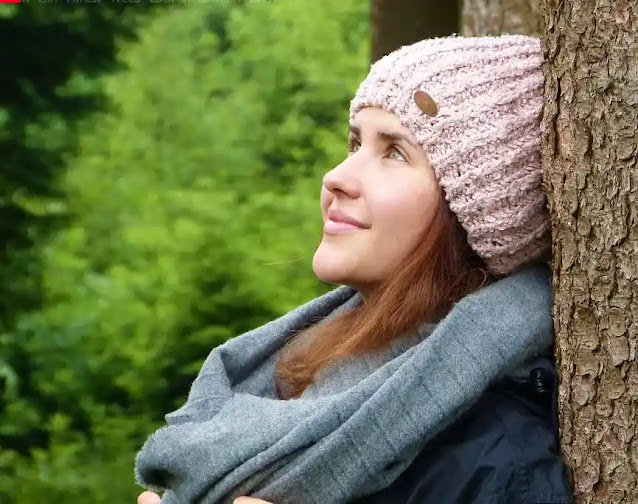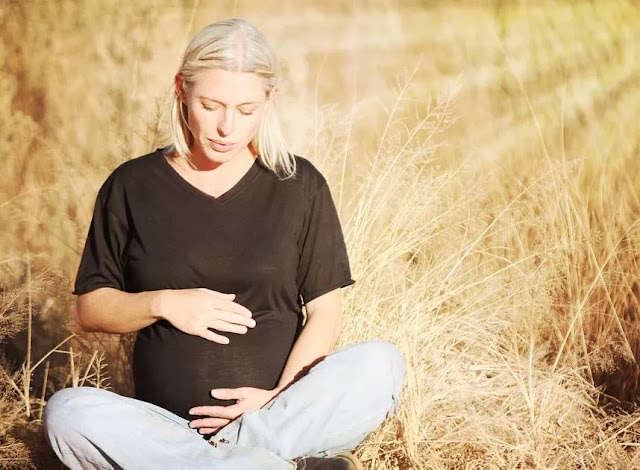Top 10 Questions About Having a Baby at 40

Although there is no one perfect time to have a baby, many people were told that having a baby at 40 increases many risks.
This might have indicated that there are not many mothers who have babies after this point, but the truth is that a lot of women are having babies in their 40s.
1-How Common is Having a Baby at 40?
Having a baby after the age of 40 became increasingly common. Actually,
the Centers for Disease Control and Prevention Trusted Source (CDC) point out that the rate has increased since the 1970s,
with the total of first-time births among women ages 40 to 44 more than doubling between 1990 and 2012. Also,
births among women ages 40-44 have been increasing since the early 1980s and kept rising in 2017.
You might be shocked to learn that not only do women have babies in their 40s,
but the ratio of women having babies in this time of life has been on the rise for decades.

There are many reasons why women are waiting to have children, such as fertility treatments,
early careers, and settling down later in life. All in all, the birth ratio is declining, but this age group is the trend.
That means you are very likely to find other mothers your age in your childbirth class, prenatal groups, and parenting circles.
2-How Does Age Affect Fertility?
A woman’s fertility ratio does decrease significantly after 35 years of age.
As the Office on Women’s Health pointed out that one-third of couples after the age of 35 experience fertility problems.
This may be attributed to the risk factors that increase with age: less number of eggs left to fertilize, unhealthy eggs, ovaries can’t release eggs as it should,
increased possibility of miscarriage, higher chances of health conditions that can hinder fertility.
In addition, the total number of egg cells decreases significantly after the age of 35, as to the American College of Obstetricians and Gynecologists.
Furthermore, an average woman before the age of 30 has a 95% chance to get pregnant within a year of having unprotected sex.
That chance decreases by 3% each year after 30. A 40-year-old woman has a 5 -10% chance of conceiving naturally.
Also, you can read Is it difficult to get pregnant late?
3-What It’s Like to Have a Baby at This Age?
Mothers in their 40s are also less likely to feel like they're making sacrifices by having a baby, according to Gordon-Wayne,
based on her experience. Moreover, she said: We are not afraid of missing out on things, because we have done them already.
We traveled, we had first marriages and careers, and we are now in a super solid relationship.
It is very beneficial for the parents to have lived a rich life before becoming parents, but it is truly valuable for the kids as well."
The bottom line is that if your baby sleeps it is a lot easier, regardless of how old you are.
And it is without saying that the older you are, the less likely you are to see your baby grow up and to be a grandparent,
and you are, more likely, to develop an age-related condition that affects your ability to be a parent.
4-What Are the Positive Sides of Having a Baby at 40?
The greatest benefit of waiting to have a baby in your 40s is that you are possibly more emotionally and financially ready.
You’ve had enough time to see the world, as an older mother, you’ll be in a good position to make wiser parenting choices.
Your experience means you will feel pretty confident about your approach to parenting. You’ll be less worried about your own needs, and will be happy to focus on your baby.

In addition, you’re more likely to be financially secure and comfortable in your career.
In that case, even if you return to work part-time, you can give more time to raising a baby.
Furthermore, if you have been with a partner for a while, you will have had the opportunity to get to know each other in all sorts of circumstances.
This will offer a solid ground for raising a family.
Some research proposes potential other benefits, including the more emotional capacity to raise a baby,
a longer life span, and better educational results, such as higher scores in tests.
5-Is There Any Negative Side of Having a Baby at 40?
Most older mums have healthy pregnancies and babies but there is an increased risk of ongoing health problems, like diabetes and high blood pressure.
These can affect how well your pregnancy and birth goes, also your health. Unfortunately, miscarriage is more common among older women.
The ratio of miscarriage increases steadily, and by the age of 45,
there is about a one-in-two risk of miscarrying if you conceived naturally with your own eggs, rather than eggs from a donor.
Also, some pregnancy complications, like gestational diabetes and pre-eclampsia, are more common in older women.

Also, it is more probable for chromosomal genetic disorders to develop when a woman is older.
A woman in 35 has a 1/350 chance of having a baby with Down syndrome. By the time a woman is 45 years old, that possibility will increase to 1/35.
However, any pregnancy after 40 is thought of as a high risk.
Your doctor will monitor you and the baby carefully for high blood pressure; birth defects, for instance, Down syndrome; and low birth weight.
6-How Should I Prepare for Pregnancy?
Putting age aside, making changes to the lifestyle helps fertility. If you smoke, stop smoking.
And fitness, you should keep a healthy weight and cut out alcohol.
As soon as you decide to have a baby, start taking supplements, containing 400mcg of folic acid, daily.
7-Should I See a Doctor Before Trying to Have a Baby?
Sure, it's a good idea. There are GP surgeries that provide preconception care, which is care before you become pregnant.
Your GP will give advice about your lifestyle choices that could affect your chances of getting pregnant and having a baby.
Also, having a check-up can keep you up-to-date with health checks and vaccinations.
Also, you can read 10 Best Tips for Pregnancy After 35
8-What Should I Do If I Suspect a Fertility Issue?
Some medical problems can make it harder to get pregnant.
It's essential to see your GP if you have or have had: no periods or irregular periods, sexually transmitted diseases (STD), cervical surgery.
You and your partner should also see your doctor, as soon as possible, if your partner has a known fertility problem.
If you do have problems getting pregnant, you are likely to be referred to a fertility specialist.
The majority of specialists start with blood tests and investigations to check your fallopian tubes or your spouse’s sperm.
9-What About the Baby’s Health After Pregnancy in the 40s?
While having a baby in your 40s is more likely to have some complications, the good news is that with good care,
watchful eyes and modern tech, the majority of these babies are born healthy.
It is important to bear in mind that an increased risk of a complication is not as having that complication assured.
10-Lastly, What Doctors Say About Having a Baby at 40?

What, then, to make of all of this?
The most optimistic clinician, Dr. James Grifo, referred that while pregnancy is one of the riskiest states that women experience, the chances of a tragic event are still low.
Furthermore, the average age of his patients is 39, and they do quite well, as he said; therefore, age is not a reason not to try if you want a baby.





